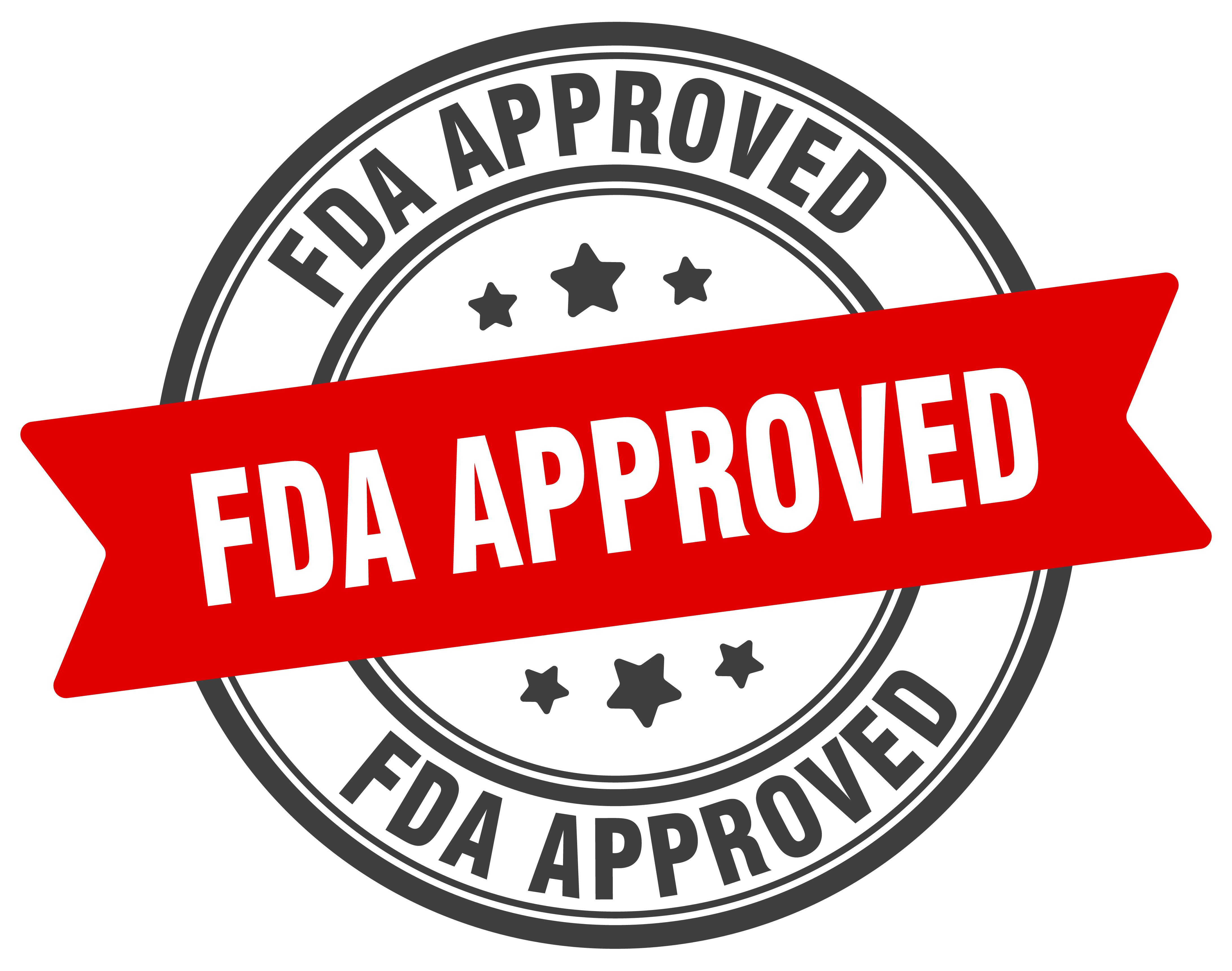- Center on Health Equity & Access
- Clinical
- Health Care Cost
- Health Care Delivery
- Insurance
- Policy
- Technology
- Value-Based Care
Subcutaneous Ocrelizumab and Hyaluronidase Approved for RMS, PPMS
Ocrelizumab and hyaluronidase is now the first and only twice-yearly subcutaneous injection approved for relapsing multiple sclerosis (RMS) and primary progressive multiple sclerosis (PPMS).
The FDA approved ocrelizumab and hyaluronidase-ocsq (Ocrevus Zunovo; Genentech), a twice-yearly subcutaneous injection, for relapsing multiple sclerosis (RMS) and primary progressive multiple sclerosis (PPMS), Genentech announced.1 Data from the phase 3 OCARINA II trial (NCT05232825) support the decision.
The approval makes ocrelizumab and hyaluronidase the first and only twice-yearly, health care professional–administered subcutaneous injection approved for RMS and PPMS, expanding treatment options for patients. Each injection takes approximately 10 minutes.
Ocrelizumab and hyaluronidase is now the first and only twice-yearly subcutaneous injection approved for RMS and PPMS. | Image Credit: BHM - stock.adobe.com

Overall time for treatment after the first dose of ocrelizumab and hyaluronidase could be as little as 55 minutes. Premedications are required at least 30 minutes before each dose, and following the first dose, health care providers will monitor patients for at least 60 minutes. For subsequent doses, providers will monitor patients for at least 15 minutes following injection.
“People are living longer with chronic illnesses and with fewer disabilities because of the extensive progress that has been made in the development of medicines that can slow their progression,” Natalie Blake, executive director of the MS Foundation, said in a statement.1 “But still, not everyone has access to these medicines. It’s crucial to acknowledge each experience with MS is as unique as the individual navigating it, so providing choices to address each person’s needs is essential. We are pleased that with a new method of delivery, there is now an additional option for those who need flexibility in the route of administration or treatment time.”
In the phase 3 OCARINA II trial, there was no clinically significant difference in ocrelizumab levels in the blood with ocrelizumab administered subcutaneously with recombinant human hyaluronidase vs intravenous (IV) ocrelizumab.2 In the study, patients were randomized 1:1 to receive either 600 mg of IV ocrelizumab or 920 mg of subcutaneous ocrelizumab. The main end points were serum ocrelizumab area under the concentration-time curve from baseline to week 12, MRI lesion activity, relapses, immunogenicity, B-cell depletion, and safety.
In the trial, the safety and efficacy of subcutaneous ocrelizumab was similar to that of IV ocrelizumab in both RMS and PPMS. The subcutaneous formulation showed suppressed relapse activity and MRI lesions through week 48.1 Patient-reported outcomes were also measured during the study, and more than 92% of participants were satisfied or very satisfied with subcutaneous administration.
The most common adverse events with ocrelizumab and hyaluronidase were injection reactions, which were all mild or moderate. Injection reactions were reported more often with the first dose, and 49% of trial participants experienced an injection reaction after the first injection. None of the injection reactions resulted in withdrawal from treatment.
“[Ocrelizumab and hyaluronidase] gives patients and providers another option for receiving [ocrelizumab], building on a decade of robust safety and efficacy data for [ocrelizumab] in multiple sclerosis,” Levi Garraway, MD, PhD, chief medical officer and head of Global Product Development at Genentech, said in a statement. “Today’s approval may offer greater flexibility for health care providers and people living with multiple sclerosis, based on their individual treatment needs.”
References
1. FDA approves Ocrevus Zunovo as the first and only twice-a-year 10-minute subcutaneous injection for people with relapsing and progressive multiple sclerosis. News release. Genentech. September 13, 2024. Accessed September 16, 2024. https://www.gene.com/media/press-releases/15036/2024-09-13/fda-approves-ocrevus-zunovo-as-the-first
2. Newsome S, Krzystanek E, Selmaj K, et al. OCARINA II, phase III study: results of subcutaneous ocrelizumab administration in patients with multiple sclerosis (S31.006). Neurology. Published online April 9, 2024. doi:10.1212/WNL.000000000020524
Subjective and Objective Impacts of Ambulatory AI Scribes
January 8th 2026Although the vast majority of physicians using an artificial intelligence (AI) scribe perceived a reduction in documentation time, those with the most actual time savings had higher relative baseline levels of documentation time.
Read More
